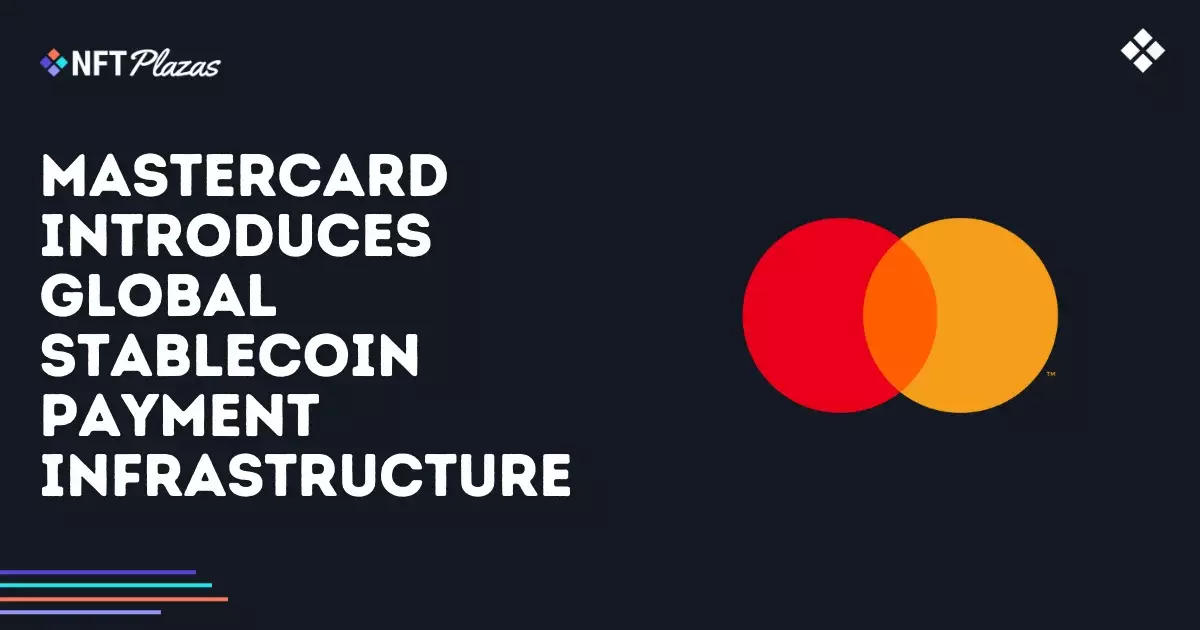Ubisoft is stepping into uncharted territories with their recent launch of the Decentralized Verification Network (DVN), and this move could be a game-changer for the NFT space. Developed in collaboration with LayerZero, DVN addresses the critical barriers that have previously hampered the utility of digital assets across different blockchain networks. Why is this important? Because it tackles the longstanding issues of asset portability and ownership continuity in gaming, paving the way for seamless transfers across an impressive suite of over 130 blockchain platforms, including heavyweights like Ethereum and Solana.
The Protocol Behind the Promise
Rather than introducing a whole new blockchain, DVN acts as a sophisticated compatibility layer that ensures that digital assets retain their identifiers and metadata as they transition between different blockchains. This flexibility is crucial; by verifying asset ownership in a fluid manner, players can enjoy their in-game collectibles, whether they are traversing the realms of Ethereum or Solana. This infrastructure offers enhanced interoperability that can significantly improve player experiences. The design philosophy behind DVN reflects a need for agile, adaptable systems—a welcome departure from the rigid frameworks that have historically characterized blockchain interactions.
Empowering Developers
The permissionless nature of DVN is another noteworthy feature, fostering a new era of innovation. Any entity can set up their own verification network, customizing their security measures to suit specific applications. This adaptability not only empowers developers but also lends itself to a more robust ecosystem where the security paradigm is no longer one-size-fits-all. Unlike conventional models that often overlook individual needs, the DVN creates a nuanced environment where developers can select verification methods tailored to their particular scenarios. This avant-garde approach enables creators to push the limits of what’s possible in blockchain gaming.
Ubisoft’s Vision for Blockchain Gaming
Ubisoft’s experimentation with blockchain moves began back in 2021 with the flawed introduction of NFTs in Ghost Recon: Breakpoint, executed on the Tezos blockchain. This initial step was met with skepticism, yet the company has continued to evolve, venturing into various projects across different networks. Upcoming titles like Might & Magic: Fates, which is bound for the Ethereum-linked Immutable platform, indicate that they are not merely dipping their toes into the waters of cryptocurrency. Instead, Ubisoft appears to have a long-term vision for blockchain-integrated games that could redefine industry standards.
The Future Looks Bright, but Anticipation Brews
While DVN is a substantial step forward, one cannot help but question its implementation in real-world scenarios. Will Ubisoft effectively leverage this technology in forthcoming projects? The potential is enormous, but the execution will ultimately determine if DVN transforms the way digital assets are interacted with across platforms. As the gaming community eagerly waits, there’s a palpable sense of anticipation and skepticism about whether this initiative will deliver on its lofty promises. With the NFT space evolving at breakneck speed, one thing is for certain: Ubisoft is poised to play a pivotal role in the future of digital assets in gaming, and the industry will be watching closely.
















Leave a Reply